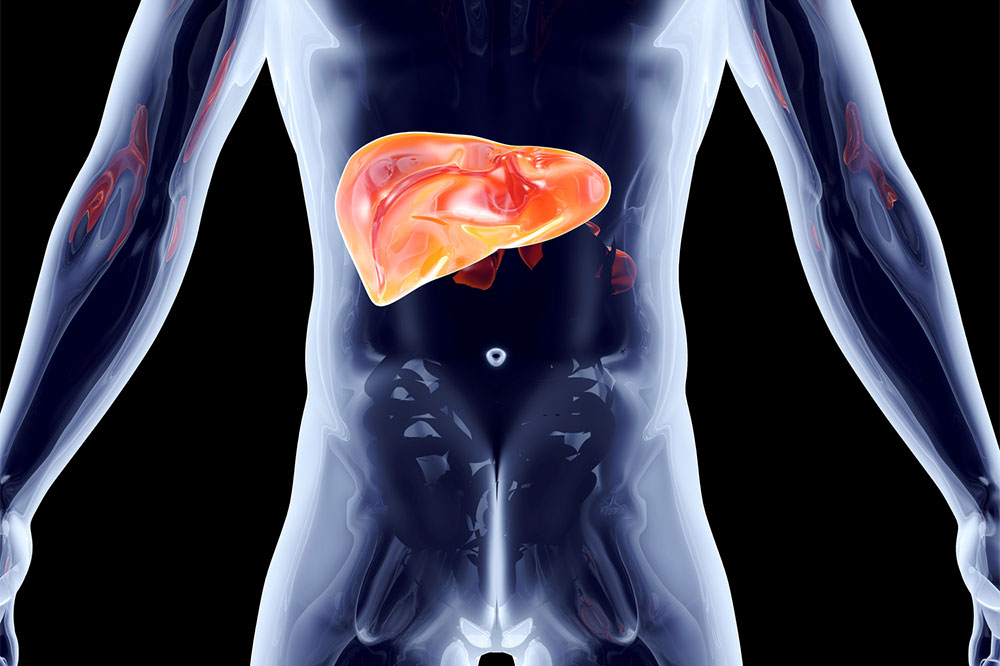9 warning signs of amyloidosis

Amyloidosis is a condition that develops when a protein called amyloid builds up in the organs, making them unable to function properly. It is an uncommon illness that often progresses silently before reaching an advanced stage. So, recognizing its signs is crucial for an early diagnosis and treatment. While the symptoms may vary depending on the affected organ, here are a few early warning signs of amyloidosis one should know:
Unexplained fatigue
One of the early signs of amyloidosis is persistent and unexplained fatigue. Here, one may feel unusually tired despite getting adequate rest. This symptom can interfere with the daily routine and should be examined by a doctor if it persists.
Swelling and fluid retention
Amyloidosis can lead to the accumulation of abnormal proteins in various organs, including the kidneys. This can result in fluid retention, causing swelling, especially in the ankles and legs. Recognizing this symptom is crucial for seeking early intervention.
Shortness of breath
As amyloid deposits can affect the heart and lungs, one may experience shortness of breath even when engaging in low-intensity physical activities. This symptom should not be ignored, as it could be indicative of a heart issue brought on by amyloidosis.
Gastrointestinal issues
Amyloid deposits along the gastrointestinal tract can slow down the movement of food through the intestines, interfering with digestion and causing issues like less appetite, nausea, diarrhea, and stomach aches.
Numbness and tingling
Nerves can also be affected by amyloidosis, leading to numbness and tingling sensations, especially in the hands and feet. This symptom can worsen over time and cause weakness in these areas.
Changes in the skin
Amyloid deposits can also affect the skin, resulting in changes such as easy bruising, purpura (purple or red discoloration), or waxy lumps on the skin. Further, the skin may thicken or change in color when dealing with the condition. These issues should be examined by a healthcare professional.
Enlarged tongue
In some cases, amyloidosis can cause the tongue to become enlarged, causing speech difficulties and discomfort. Along with the swelling, the tongue may also look rippled around the edge.
Kidney problems
Amyloidosis often affects the kidneys, leading to excess protein in the urine (called proteinuria) and kidney dysfunction. This is why monitoring kidney function through regular check-ups is essential for early detection of amyloidosis.
Heart palpitations
Cardiac issues are a severe complication of amyloidosis. Here, one may experience irregular heartbeats, palpitations, or shortness of breath. Prompt evaluation by a cardiologist is crucial if any heart-related symptoms develop.
It is important to note that amyloidosis is a complex condition, and the symptoms may vary from person to person, so seeking medical attention for any unusual or persistent changes is always advisable. Further, recognizing the early warning signs of amyloidosis is crucial for getting a timely diagnosis and management.






